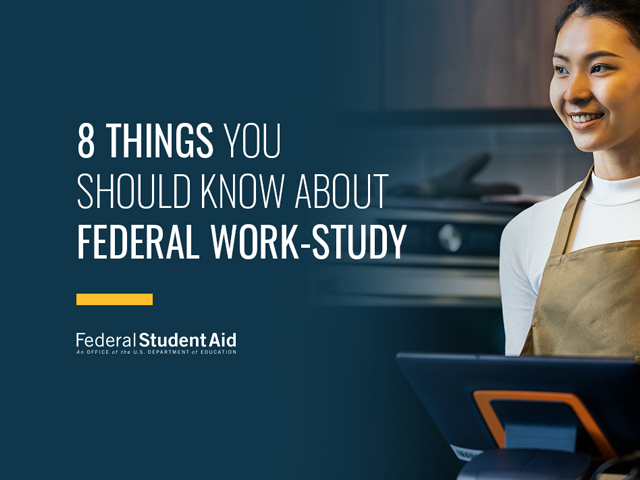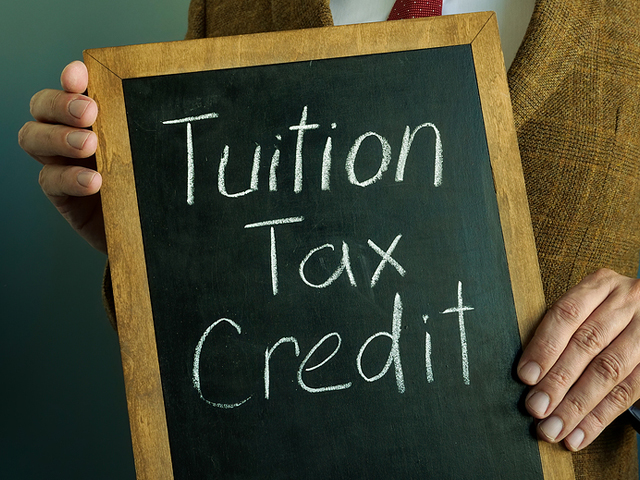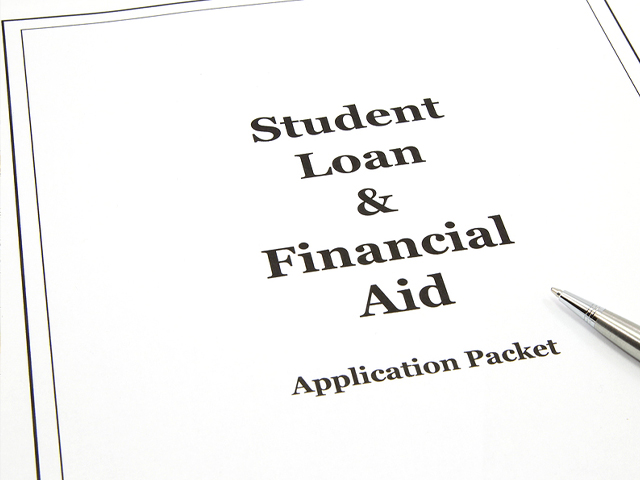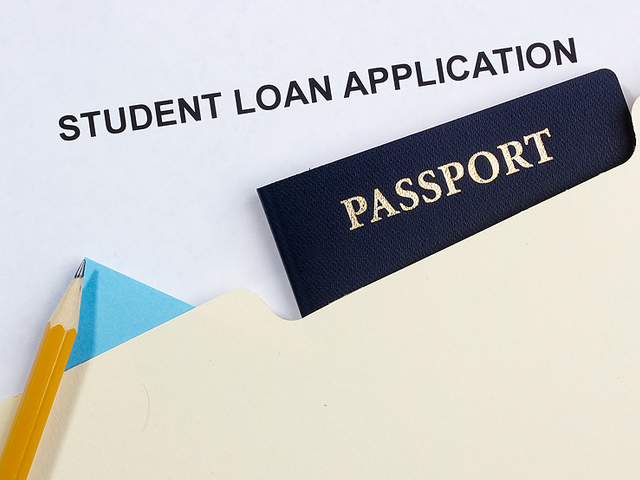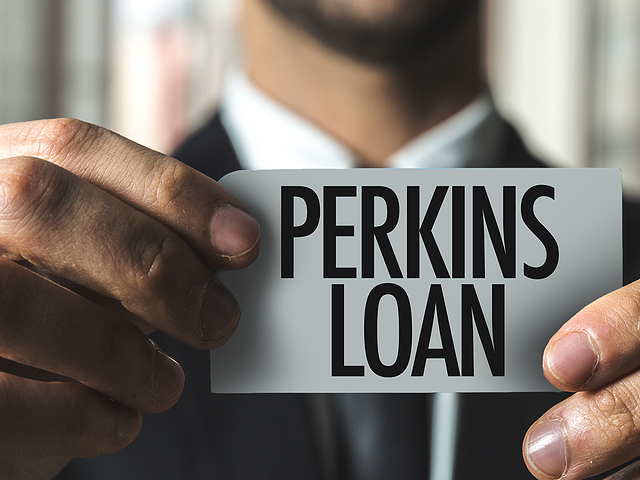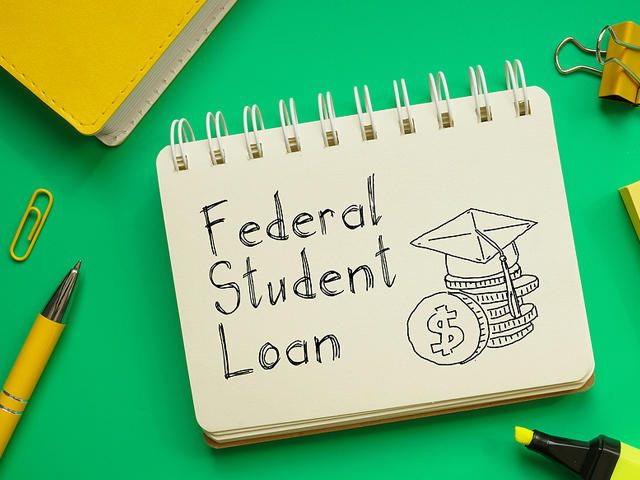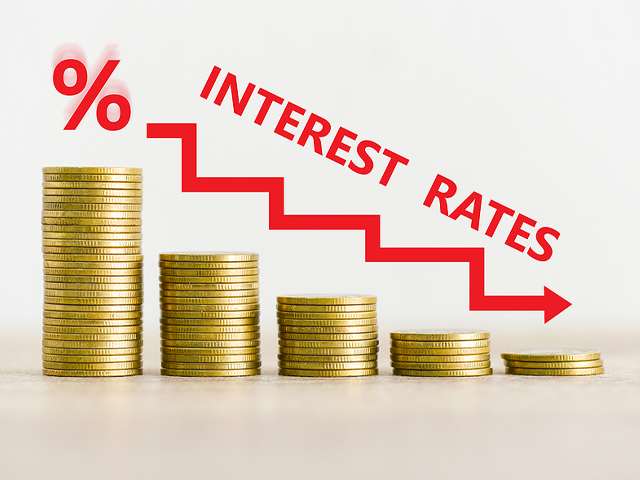
Congratulations on completing all the applications and tests required to enter college. This can be a stressful and time-consuming experience.
You have probably spent a fair amount of time looking into your options to determine which campus will best suit your needs. Finally, the next huge decision looming will be deciding on your lender and your student loan options.
It is essential to educate yourself on the lending process and understand how interest works before you make a choice. Learning what to expect can help you make an educated choice to ensure you accept the best loan offer possible. There are some Key Terms listed below that are important to familiarize yourself with before you proceed.
Key Concepts and Terms
Principal Balance
The principal balance is the unpaid or original amount of the loan on which the interest was calculated on. This may also include capitalized interest.
Accrued Interest
The total interest that accumulates on the loan's principal balance is called accrued interest. Generally, this is calculated on a daily basis.
APR or Annual Percentage Rate
The APR is the percentage that represents the annualized cost of credit for a loan. This amount includes finance charges such as additional charges, fees, and interest.
Interest
Interest refers to the additional money the borrower is charged over the time of the loan. Typically, it is stated as an annual percentage of the principal amount that is owed. The interest rate on the loan determines how much interest grows on the principal balance.
Grace Period
The grace period is the timeframe when the borrower does not have to make payments on their student loan. Typically, it is 6 to 9 months after you stop being enrolled at least half-time at school.
Capitalization
Capitalization refers to how the lender adds the accrued, unpaid interest to the student loan's principal balance when the borrower does not pay the interest during a forbearance or a deferment. This increases the principal balance due on the loan, the total loan cost and your monthly payment amount.
What Are the Determining Factors for Interest Rates?
There are many factors that come into play for determining how the interest rate is chosen for both variable and fixed rates on your student loan once you apply.
Private Student Loans
When it comes to private student loan options, the interest rates can vary widely. This will depend on your credit score, income, creditworthiness, outstanding debt and credit history and which lender you choose. These issues can play a huge role in determining your loan eligibility and the kind of rate you will qualify for.
Federal Student Loans
There are fixed interest rates for federal student loans. These rates are set by federal law and vary depending on the kind of loan you have and when your first disbursement is received. These loans are not necessarily based on your creditworthiness.
Variable Interest Rates vs. Fixed Interest Rates
If you apply for a private student loan, you will be able to choose between a variable or fixed interest rate.
A variable interest rate refers to a rate that may periodically change during the course of the loan. The variable interest rates are attached to an index. When the index changes, the interest rate of your loan will fluctuate to align with the index it corresponds to.
Alternatively, a fixed interest rate remains the same amount throughout the lifetime of the loan. This option delivers consistency and enables you to know how much your monthly payments will be.
It may, however, make you pay more during the life of your loan compared to a variable rate. This is because typically, fixed interest rates are higher compared to variable interest rates. If you are seeking payment stability to help you be able to budget, the fixed rate option is the better route to take.
Increases in the interest rate on a variable-rate loan could impact your budget. If your interest rate increases, your monthly payments will increase, and that can be challenging when you are balancing your monthly budget. Changes in interest rate indexes can be hard to predict since all sorts of complex factors like the economy and inflation influence them. Since variable interest rate increases are unpredictable, your monthly payment may increase during the life of your loan.
How Does Interest On A Student Loan Work?
Most lenders will allow you to postpone your payments while you are attending school during your grace period and enrolled with a minimum of a half-time schedule. When you are in school and throughout your grace period, note that interest accrues daily.
Once it is time to commence making payments, the accrued interest will be capitalized or added to your principal balance. Your interest rate will now apply to this larger, newer principal balance. This increases your total loan cost and your monthly payment amount.
In-School Repayment Plan
You may be able to opt for the option of an in-school repayment plan. This will allow you to reduce your interest amount by making payments during your grace period and while you are attending classes. Note that you are allowed to make payments at any time without any pre-payment penalty regardless of what kind of repayment option you decide on.
Cosigner Options
If you do not have any established credit history, you may need to rely on a cosigner that is trustworthy. This can drastically improve your loan approval chances and may possibly lower your interest rate. If you do qualify on your own, you may be eligible for a lower interest rate if you have access to a quality cosigner.
Deciding On Your Best Loan To Suit Your Needs
Once you know the key concepts and terms, and comprehend how student loan interest is factored in, you can start searching for the best choice. It is wise to evaluate a variety of lenders and private student loan options. To figure out which lender will best suit your needs, check into associated benefits, APR ranges and loan options.




